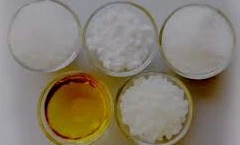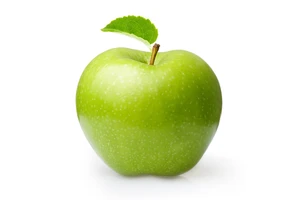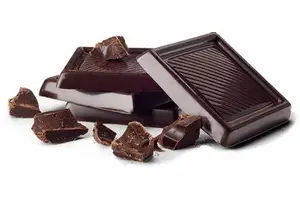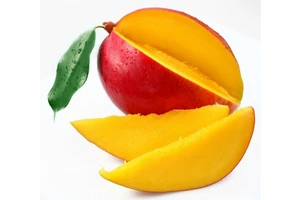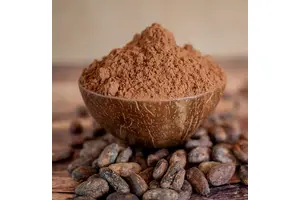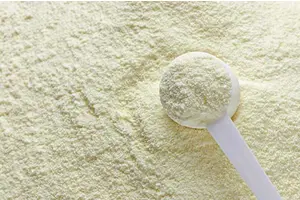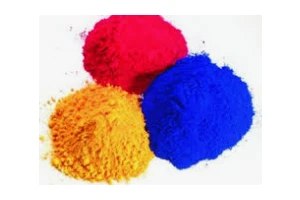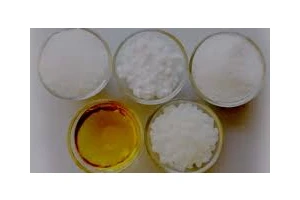an emulsifier (noun) is a substance that stabilizes a mixture of two liquids that don't normally mix, like oil and water, by preventing them from separating into layers. Also known as an emulsifying agent or surfactant, it reduces the surface tension between the liquids, forming and maintaining a stable, homogeneous blend in products like salad dressings, mayonnaise, lotions, and ice cream.
How Emulsifiers Work
Unique Molecular Structure:
Emulsifiers have parts that are attracted to water (hydrophilic) and parts that are attracted to fat (lipophilic).
Forms a Protective Layer:
They position themselves at the interface between the water and oil, with one part dissolving in the water and the other attaching to the fat.
Stabilizes the Mixture:
This forms a protective layer around the small droplets of one liquid, preventing them from coalescing and separating.
Examples and Uses
In Food:
Emulsifiers are common in processed foods to ensure consistent texture and appearance, such as keeping oil and vinegar blended in salad dressings or preventing ice crystals from forming in ice cream. Common examples include lecithin from egg yolks and plant oils.
In Cosmetics:
They are also used in lotions and creams to combine water and oil-based styling agents, creating a stable and uniform product.

